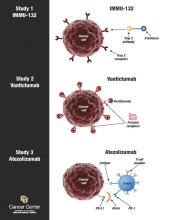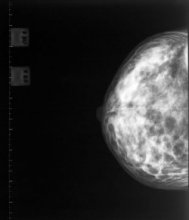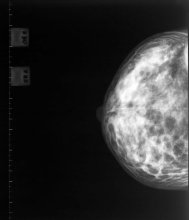
Taking hormone drugs for more than ten years could help to dramatically reduce the risk of breast cancer recurrence, according to a landmark study.
A randomised clinical trial involving nearly 2,000 women found that cancer recurrence dropped by a third in those who took hormone drugs for ten years rather than the standard five.

Researchers hope that three new breakthrough drugs designed to target triple negative breast cancer could potentially transform therapy for those with the hard-to-treat disease.
There are currently no targeted therapies for those with triple negative breast cancer leaving medical care reliant on traditional treatments such as chemotherapy and radiotherapy.

The Breast Cancer Aotearoa Coalition (BCAC) is calling for urgent action following three recent studies which highlight inequalities in access to screening and treatment for Māori women with breast cancer.
The three studies, all published this year, show that Māori women have higher rates of advanced cancer; experience longer delays in getting surgical treatment; and have lower rates of breast cancer screening.

A Waikato study has found that Māori women wait longer for breast cancer surgery than New Zealand European women.
The longer delays for treatment are thought to be a significant contributing factor in the lower survival rates for Māori women compared with non-Māori in New Zealand.

A recent study has found concerns about fertility stop one third of young women with breast cancer from taking tamoxifen despite its known benefit in reducing the risk of breast cancer returning.
The study, which was published in the Journal of the National Cancer Institute also found one quarter of women who started taking tamoxifen stopped taking it before the recommended treatment period ended.

A recently published paper by a New Zealand surgeon comparing breast cancer survival rates in Australia and New Zealand reveals lower overall survival rates at five years for New Zealand women, with Māori and Pacific survival found to be significantly worse than other ethnicities.

A new study has revealed the benefits of mammograms for women aged 75 years and older.
The research, published in the journal Radiology, shows that mammogram-detected breast cancers are found at an earlier stage; require less treatment; and lead to better survival rates.

BCAC is thrilled at the results of a New Zealand study that found a special silicone dressing can help to dramatically reduce skin damage during radiation therapy for breast cancer.
The research, carried out by the Department of Radiotherapy at the University of Otago, has found that placing a special silicone film called Mepitel Film over the area to be irradiated can reduce skin reactions to radiation therapy by more than 90 per cent.

Renewed questions have been raised about the value of mammograms after a Canadian study suggested that it does not reduce the number of deaths from breast cancer.
BCAC chair Libby Burgess says while the latest research is thought-provoking, it should in no way prompt New Zealand women to stop getting their free mammograms every two years through BreastScreen Aotearoa.

New research suggests that young women who smoke more than a pack of cigarettes a day have a much higher risk of developing the most common type of breast cancer.
The study, published in the journal Cancer, shows that young women who smoke are 30 per cent more likely to develop oestrogen receptor positive breast cancer, compared with those who have never smoked.



